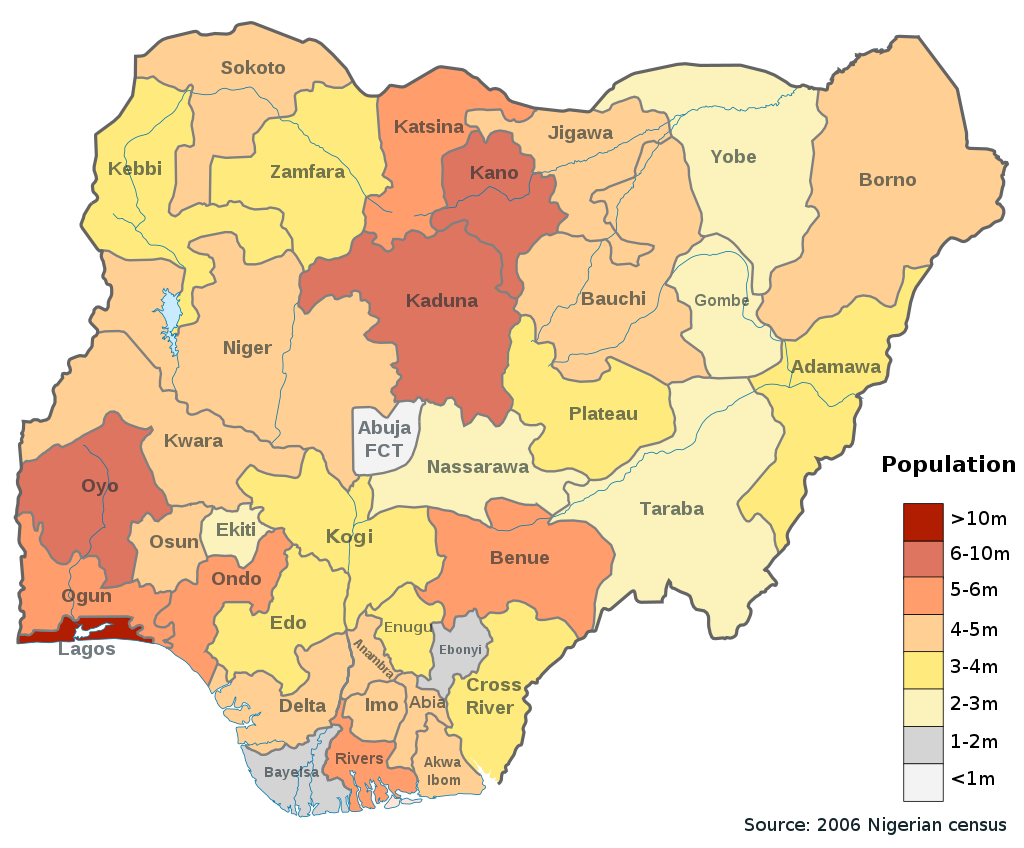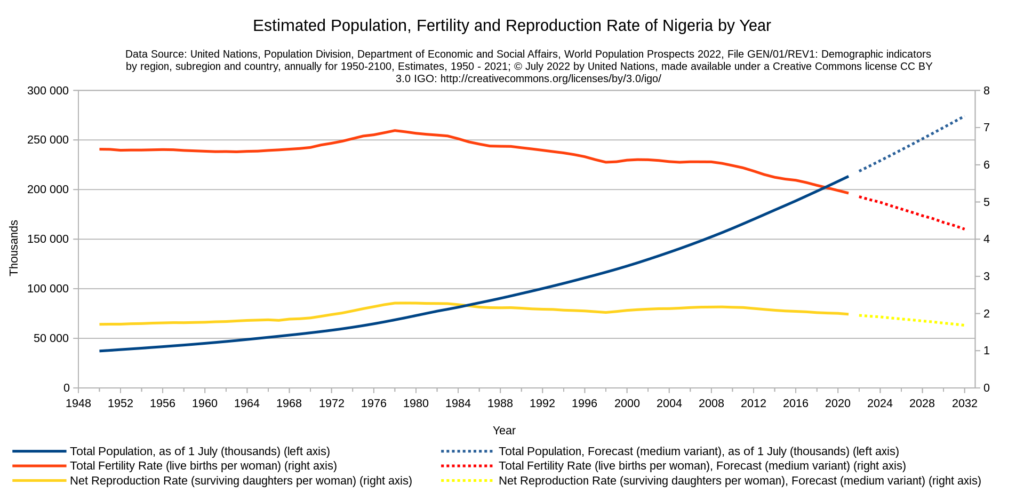Nigeria; economy and a delayed census
By Polls Africa
Share article
Nigeria has a complicated economy that is both diverse and mixed with traditional and modern industries. It has one of the biggest economies in Africa and is a significant producer of natural gas and oil. Yet, the nation has also recently experienced a variety of economic difficulties, such as extreme poverty, significant unemployment, and corruption.
In Summary
The oil and gas industry makes up a major portion of Nigeria’s economy, contributing more than 50% of all government revenue and almost 85% of all export earnings.
Nigeria’s economy is dominated by the agricultural sector, which employs a sizable portion of the labor force. The West African country produces a variety of important crops, including cassava, yams, corn, rice, beans, and peanuts. Moreover, the nation is a significant producer of palm oil, cocoa, and rubber.
Nigeria’s manufacturing industry is expanding, with a concentration on the creation of items including textiles, chemicals, and pharmaceuticals. A burgeoning service industry has also emerged in the nation, with a focus on banking, telecommunications, and retail.
The nation has made an effort to diversify its economy and grow other industries, such as manufacturing, services, and agriculture. Her economy has grown significantly in recent years overall, with GDP increasing at an average pace of about 6% annually.
Statistics on Nigeria's economy
GDP (nominal):
$451.7b
GDP per capita (nominal):
$2,456
GDP growth rate:
2.2%
Unemployment rate:
27.1%
Inflation rate:
12.3%
Budget deficit:
-1.7% of GDP
External debt:
$32.6b
Current account balance:
$-1.8b
The data is from 2022 estimates.
Agricultural products include cocoa, rubber, palm oil, peanuts, rice, corn, beans, cassava, yams, while industrial products are crude oil, coal, tin, limestone, lead, zinc, arable land. Export commodities include crude oil, petroleum products, rubber, tin, while import commodities are machinery, chemicals, transport equipment, manufactured goods, food, live animals.


Population numbers
Nigeria has not held a national census since 2006, with one scheduled for May 2023. These population figures are therefore estimates based on the latest available data. Nigeria is divided into 36 states and one Federal Capital Territory (FCT) which contains the capital city, Abuja.
The states of Nigeria and their respective populations

Growth and projection
The United Nations projects that Nigeria’s population – currently estimated at more than 200 million – will quadruple by 2050. Nigeria would then surpass the United States to become the third-most populated nation in the world, after China and India.


